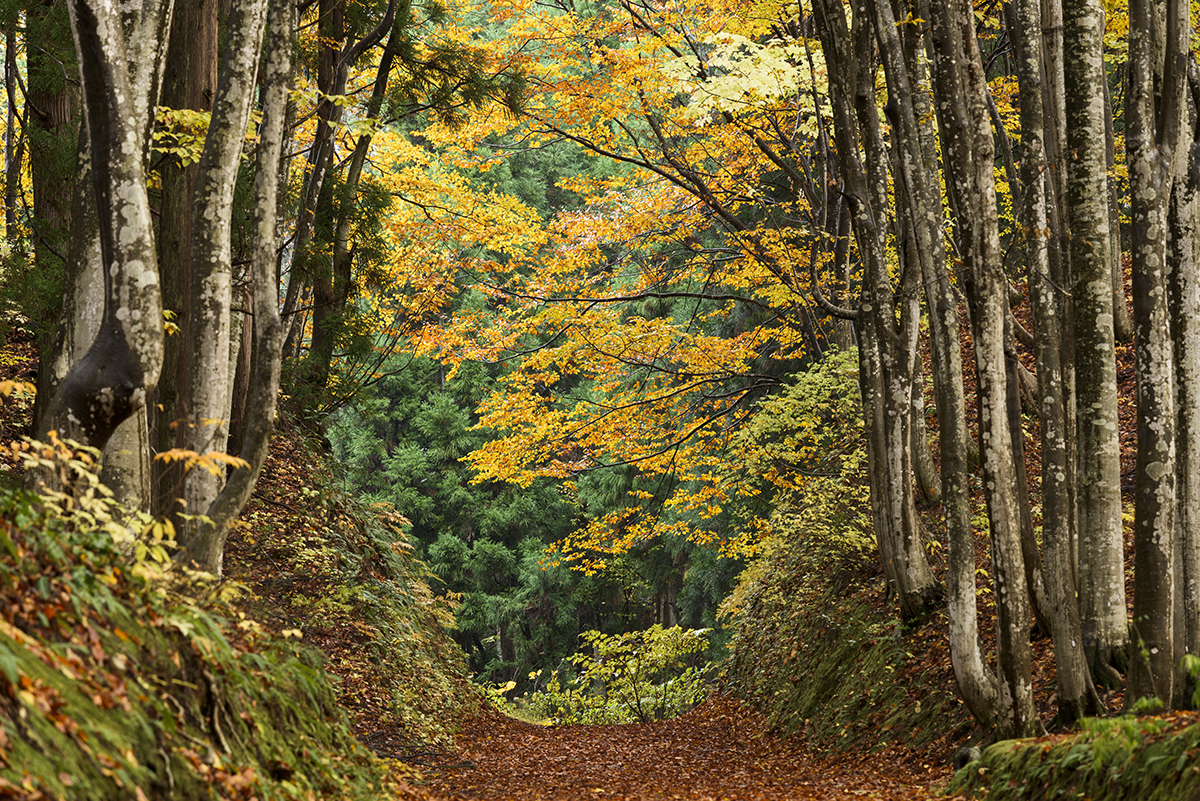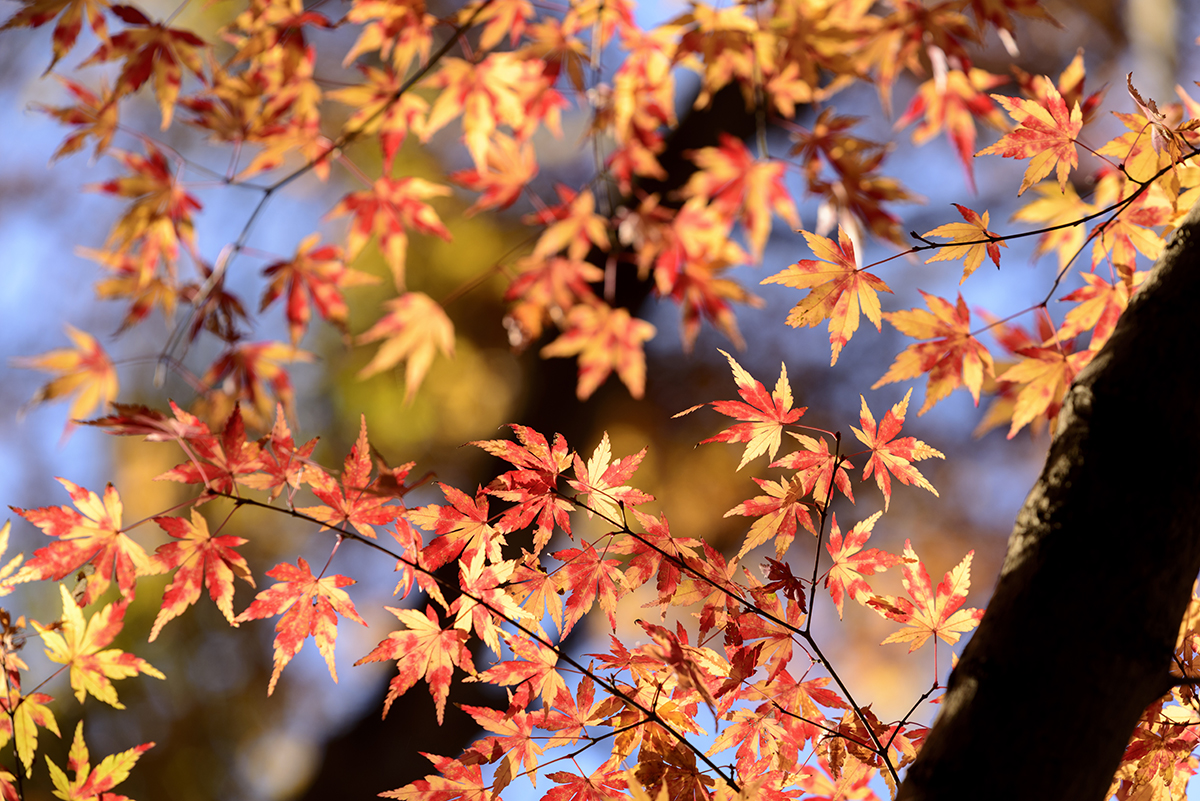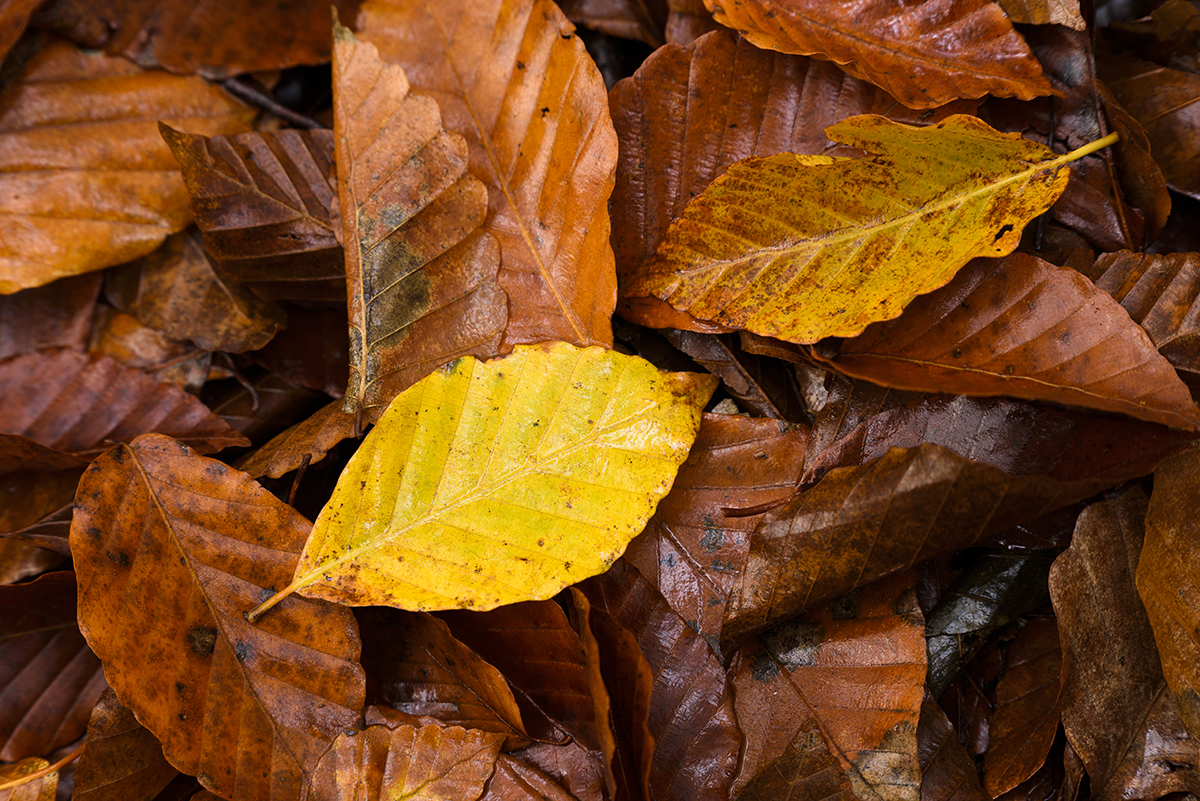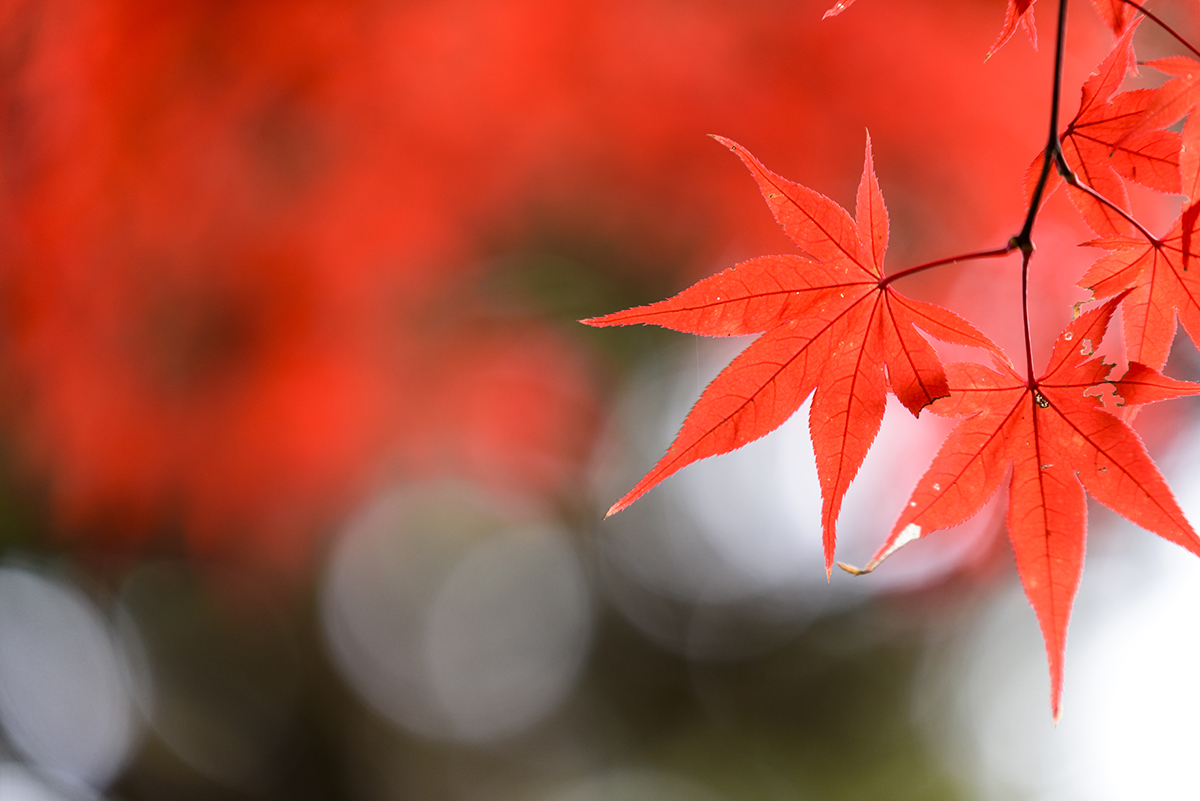Learning how to photograph fall colors is one of the most rewarding skills a photographer can develop. As the seasons change, vibrant reds, oranges, and yellows transform the landscape into a breathtaking canvas perfect for capturing with your camera. Whether you’re a beginner or an experienced photographer, autumn offers countless opportunities to take advantage of golden hour light, dramatic contrasts, and natural textures. With the right techniques and tools, you can create compelling images that truly capture the essence of fall.
What You Will Learn in This Article:
- When to plan your shoots for peak fall foliage
- How to use golden hour lighting to enhance color and mood
- Which Tamron lenses are ideal for fall photography
- Composition techniques to add depth and creativity
- Tips for capturing the transition between seasons
Plan Your Fall Photography at Peak Color

Schedule your photography shoots during the peak of fall when the colors are most vibrant. Usually, this occurs in late September to early November, depending on your location. However, you’ll want to avoid making trip plans too far in advance because colors can change depending on temperature, rainfall, and more.
Use Golden Hour Light to Enhance Fall Colors

Autumn’s soft, warm light enhances the beauty of nature. Be sure to take advantage of the golden hour for autumn photography, which occurs shortly after sunrise and before sunset. During this time, the sunlight is diffused and creates a magical glow on objects and people.
Choose the Right Lens for Sharp Fall Images

To best utilize the golden hour in fall, use the Tamron 35mm F/2.8 Di III OSD 1:2 (F053) 1:2 macro lens. It will sharpen the object in focus but blur most of the background and its macro capability is ideal for close-up fall photography of leaves but also people.
Capture the Transition of Seasons

Fall is a transitional season, allowing you to capture the moment when summer transitions into autumn or when autumn transitions into winter. These in-between moments can result in captivating and unique photographs. For example, you can photograph red leaves against a blue sky or yellow foliage against a green field. This contrast can make your images visually striking.
Experiment with Angles and Composition
The Tamron 28-75 mm F/2.8 Di III VXD G2 (A063) lens has a perfect range to highlight the details that make fall unique. To guarantee that the details you want are emphasized, photograph your subject from below or directly overhead instead of shooting at eye level. This can create unique and interesting compositions that highlight the beauty of fall scenes.
Final Thoughts on How to Photograph Fall Colors
Fall offers endless opportunities for stunning photography. By following these tips on how to photograph fall colors, you can capture the essence of autumn and create images that reflect the season’s beauty. Whether you’re focusing on sweeping landscapes or detailed macro shots, the right planning, light, and gear can make all the difference.
Learn about these lenses and more at an authorized Tamron dealer in your area or visit the TAMRON Store today.
More Photo Tips | Watch Videos | Learn More About Tamron Lenses | Photo Gallery